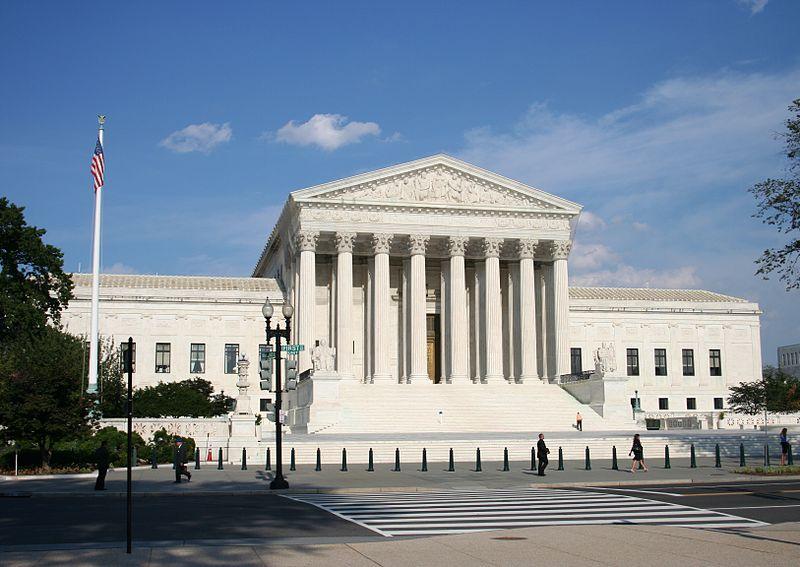Supreme Court grapples with question of whether human genes can be patented
The U.S. Supreme Court on Monday heard arguments over the patentability of genes. (Photo by 350z33 via Wikimedia Commons.)
The Supreme Court on Monday took up a case that goes literally to the core of human life.
Can a company patent human DNA? The case centers on Myriad Genetics, a company that patented the BRCA1 and BRCA2 genes in 1994.
For women, the presence of either BRCA gene indicates increased risk of breast and ovarian cancer. Myriad Genetics discovered the genes and developed the test to determine whether patients have them.
Myriad claims that their patent corresponds to the effort their scientists expended to find the genes, rather than the genes themselves. The Association for Medical Pathology and its supporters, on the other hand, argue that the genes themselves are being patented and that, because the genes are naturally occurring, Myriad did not create a new product deserving of a patent.
In the hearing on Monday, Supreme Court justices seemed to be leery of making any sweeping decisions, The New York Times reported.
“Why should we jump in and decide the broadest possible question?” Justice Samuel Alito asked the parties.
Justice Antonin Scalia, however, asked whether companies would continue to do research into genetics if they couldn’t be afforded patent protections. Justice Sonia Sotomayor, however, countered that isolated genes are just an example of nature “sitting there,” the Times said.
The court’s decision could have far-reaching consequences, into genetically modified agriculture and other scientific endeavors — though the court seemed determined to try and avoid such a decision.
Every day, reporters and producers at The World are hard at work bringing you human-centered news from across the globe. But we can’t do it without you. We need your support to ensure we can continue this work for another year.
Make a gift today, and you’ll help us unlock a matching gift of $67,000!
